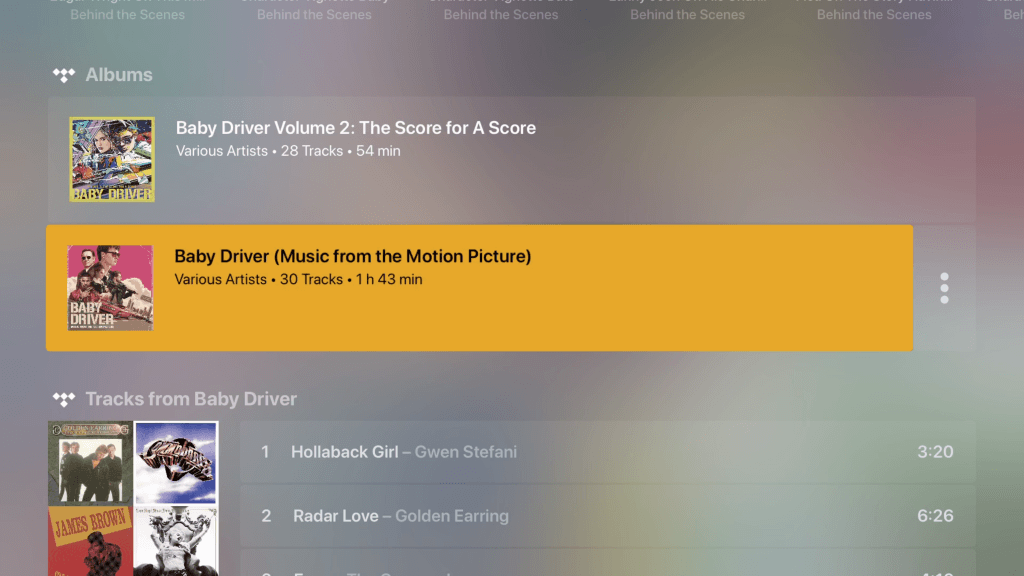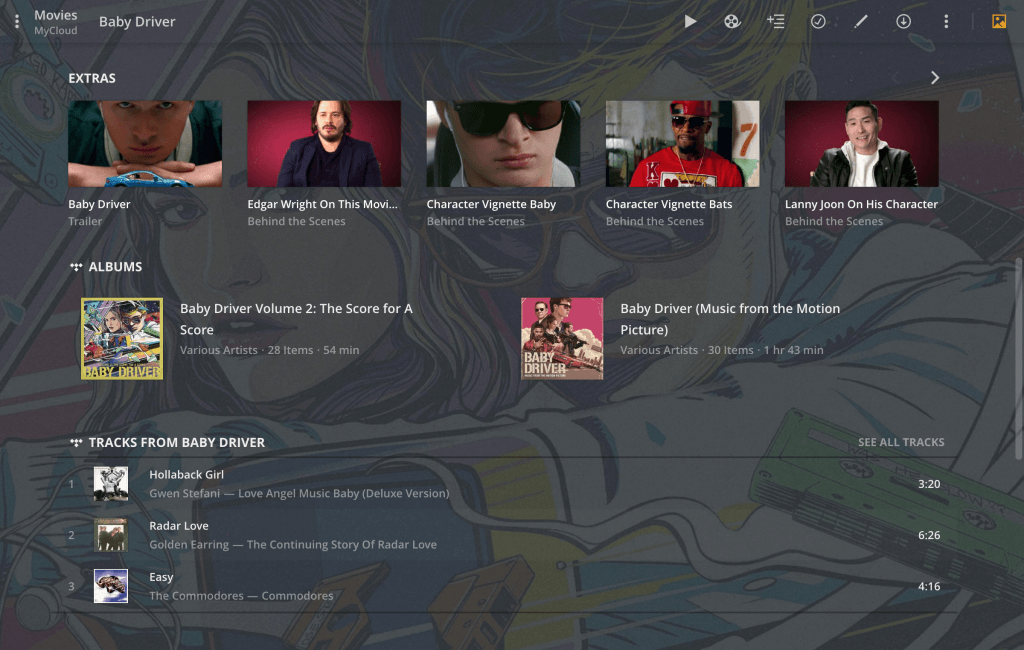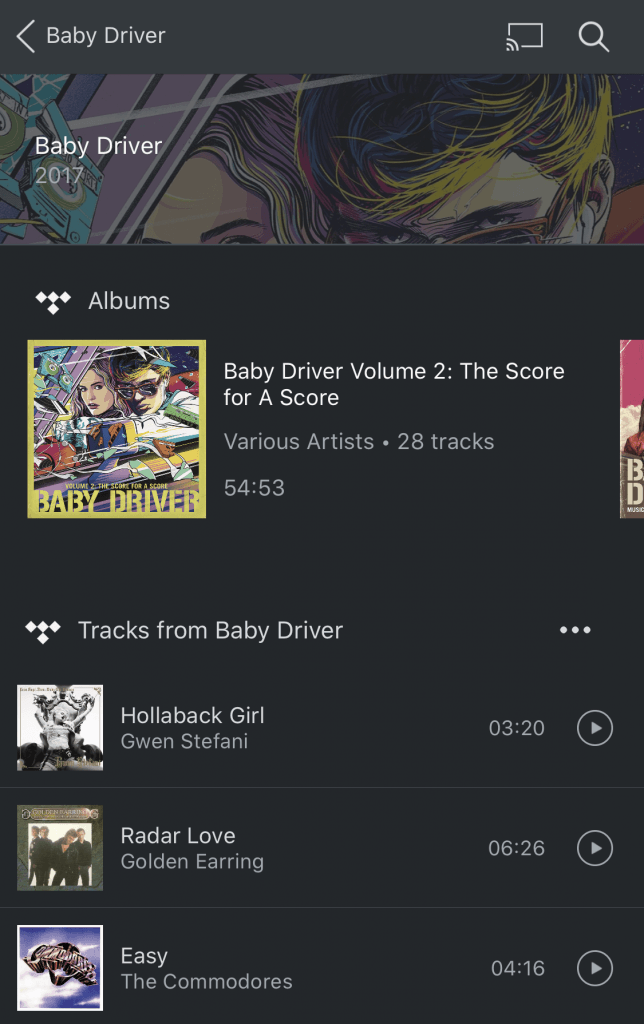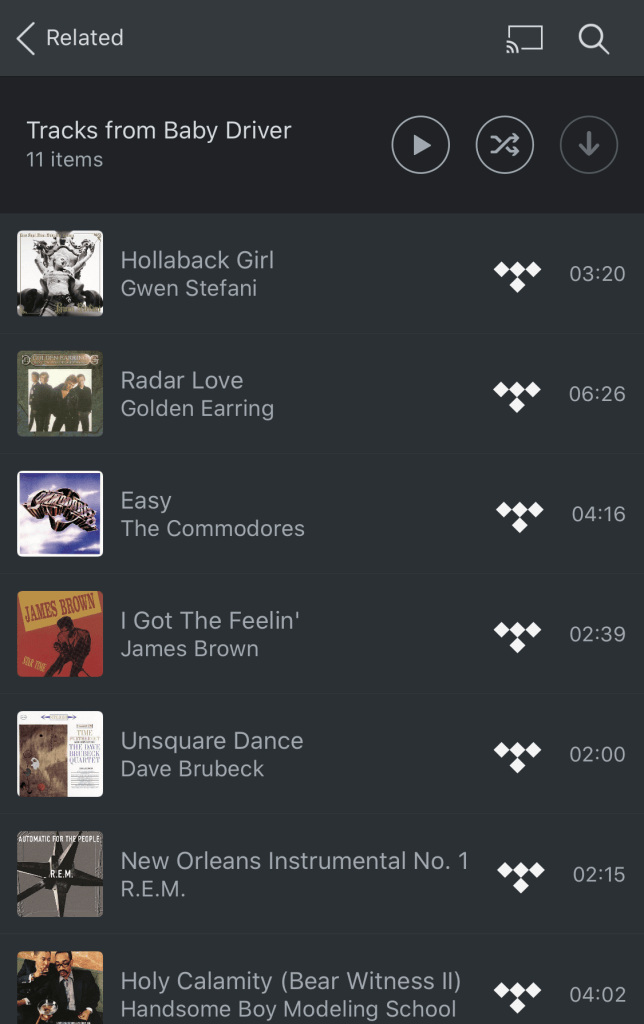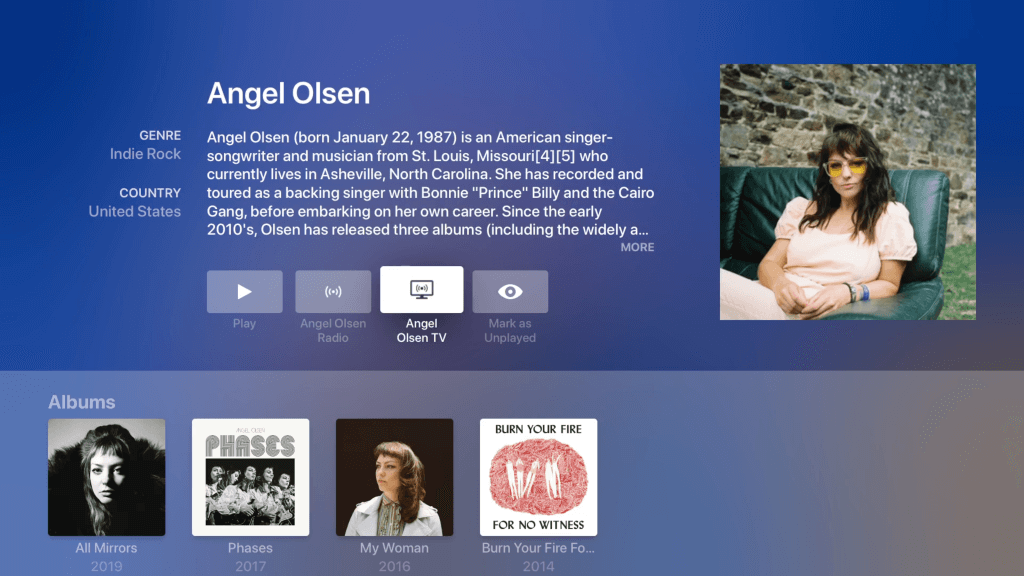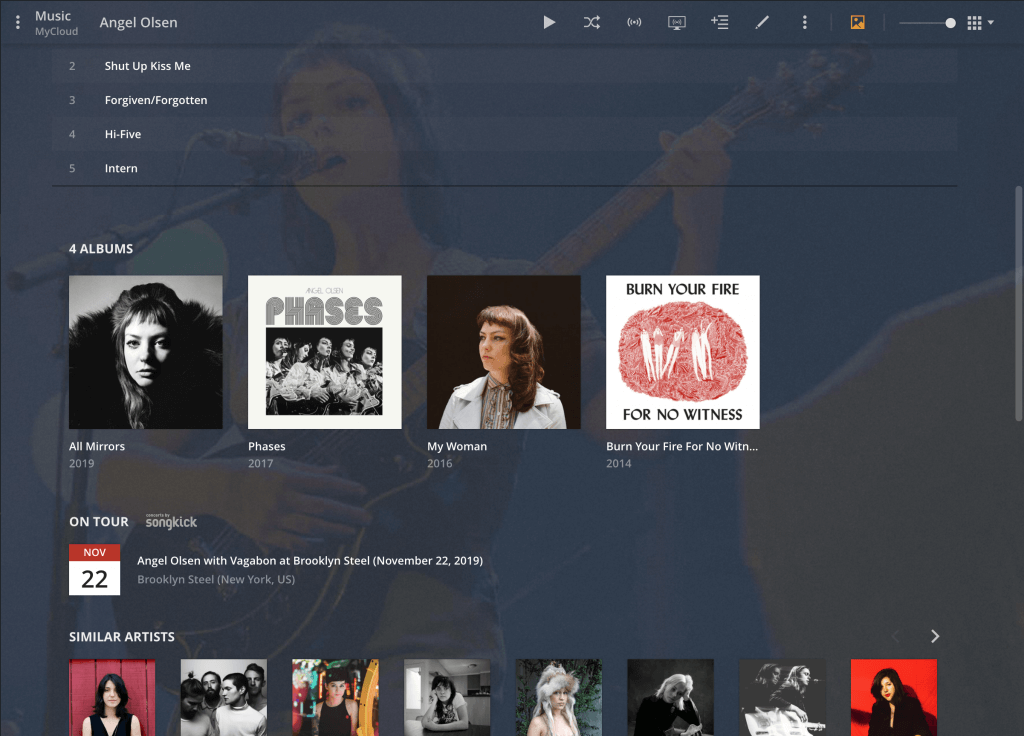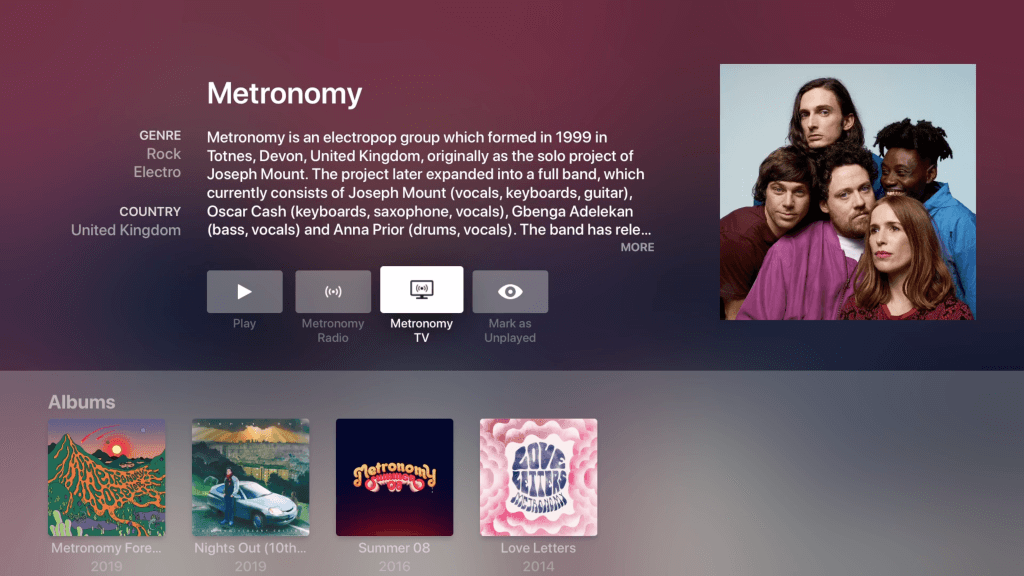Many of us are huge, huge music nerds here at Plex, so it probably makes sense that we’re always looking for ways to make music in Plex even more awesome. We’ve been hard at work on some pretty sweet improvements, and I wanted to share a little bit about them (okay, maybe a lot about them) and talk about another cool way to discover new music that we’re rolling out this week.
First, the tl;dr of what the recent improvements mean for your music library: Music matching and recognition is now super fast and super accurate, and for the first time there’s a way for you to contribute and make it even better for everyone. Metadata has been significantly leveled up (improved artwork! improved artist bios! styles! album reviews!). And if you’re the kind of… particular… music lover who has a perfectly organized and tagged collection, we’ve made a bunch of fixes to make sure your efforts are reflected in your Plex library. There is no longer a choice between basic and premium music libraries, everyone can take advantage of the new hotness! Basic libraries can even be seamlessly upgraded, learn how here.
But before I get into some overly-geeky details on how all that works… I can’t tell you how many times I’ve been watching a movie or TV show and thought “this track is awesome! I wonder what it is?”, only to find myself down a Wikipedia rabbit hole, or, god forbid, watching the 15 minutes of closing credits looking for clues. Honestly, we’ve discovered some of our favorite music this way over the years, but that’s no way to live.
Thankfully, there’s a Better Way: we’ve harnessed the encyclopedic knowledge of the lovely community over at Tunefind to bring you the answers. You can now find albums and tracks from movies and TV episodes, listed right alongside other related media, right in your Plex library! The results are powered by TIDAL (which is by itself pretty awesome—we love bringing universes of media together), so with a linked TIDAL subscription, you’ve got instant access to listen right then and there! Don’t have TIDAL? No fear, you still get those 30-second previews so you can still figure out what track you heard. This feature is now available on pretty much every platform we support, as long as you are running the latest version of our software.*
At launch, soundtracks and related tracks will be available, courtesy of Tunefind, and will show up for movies and TV episodes you have on your own server—your shared users don’t have access yet.
Okay, so how did we go about overhauling your music library? The first step was leveling up the process of scanning and recognizing all the music in your collection. It’s a surprisingly tricky task, and our existing solutions were either showing signs of age or dependent on proprietary third-party solutions that we could no longer rely on. So like any self-respecting engineer staring at an empty editor, we looked to the internet. It turns out the folks over at Beets have been thinking about this exact problem for a long time, and they’ve created an amazingly capable, open source tool that provided lots of inspiration for the foundation of our new scanner. Another bit of special sauce that’s critical to identifying harder-to-recognize tracks is audio fingerprinting, a magical technology that “listens” to a few seconds of the track and searches for matches based on the actual audio instead of relying on file names or tags. For this, we turned to another open, crowd-sourced solution: AcoustID. After weaving the various pieces together, and lots of tuning and tweaking, we had a scanner that easily outperformed our previous efforts, posting up impressive 99%+ accuracy numbers, even on some of our more challenging test libraries full of more obscure content.
Historically, all of the tasty metadata that powers your Plex library has been collected by a loosely-coupled set of “agents” that live on your server, each one responsible for talking to a single metadata source, with a framework responsible for merging everything together to present the full picture. For example, plot summaries may come from The Movie DB, ratings from IMDB, and reviews from Rotten Tomatoes. For the most part this works great, but there are a few inherent limitations. First, each server’s agent stack can only be so smart about how it interleaves different pieces of metadata. It boils down to a stack-ranked list, so there’s no way to get, let’s say, artist bios from Last.fm but album art from fanart.tv. Second, we’re entirely at the mercy of the original providers for the content. Even if we can all agree that the plot summary for a movie is too spoilery, or the season two poster for your favorite show looks like someone’s kid sister just learned Photoshop, we couldn’t tell the agents otherwise. Third, basically everyone just wants the best metadata we can find. It turns out they’re not interested in a part-time job managing metadata agent settings. Who could have guessed?
So, a huge part of the new music solution has been standing up our own metadata service in the cloud. It’s smart, and it combines the very best of both worlds. It’s seeded by the best metadata sources, both curated and crowd-sourced, and it’s expertly mixed to serve as a one-stop shop for the best music metadata on earth, easily accessible by your server in one convenient location.
Possibly the most important source in the music mix is Musicbrainz. It’s a vast wealth of music knowledge curated by a loving community who really care about the little things. We think it’s a perfect fit for our community, who also care about the little things, and we’re thrilled to have them as a key partner in serving up the very best metadata. In the event that you find something missing or, heaven forbid, outright wrong, you can now head over to Musicbrainz and fix it. As they say, a rising tide lifts all boats — you’ll be doing a good turn for your own library, helping the Musicbrainz community, and helping everyone else who places a value on pristine music metadata around the planet. It’s basically one step shy of some Ghandi level shit.
On top of Musicbrainz, we’ve also licensed what is widely considered the best-in-class premium metadata (used to power AllMusic, for example). The combination of these two sources for music data is fairly uncontroversially Best-on-Planet. And just to reiterate, this combination is available for all users now!
Okay. I’ve typed too much. I blame this excellent keyboard on my brand new MacBook (true story). If you’ve made it this far, you deserve to upgrade your shit, kick off some library radio, and soak up some Sweet Fades. You earned it.
* Plex Media Server version 1.18.2 or greater required; at launch, the feature will be available on iOS, Apple TV, Android Mobile, Android TV, and the Plex web app.
Here’s Barkley as a young pup, clearly already thinking of finding some doggo movie tunes.


